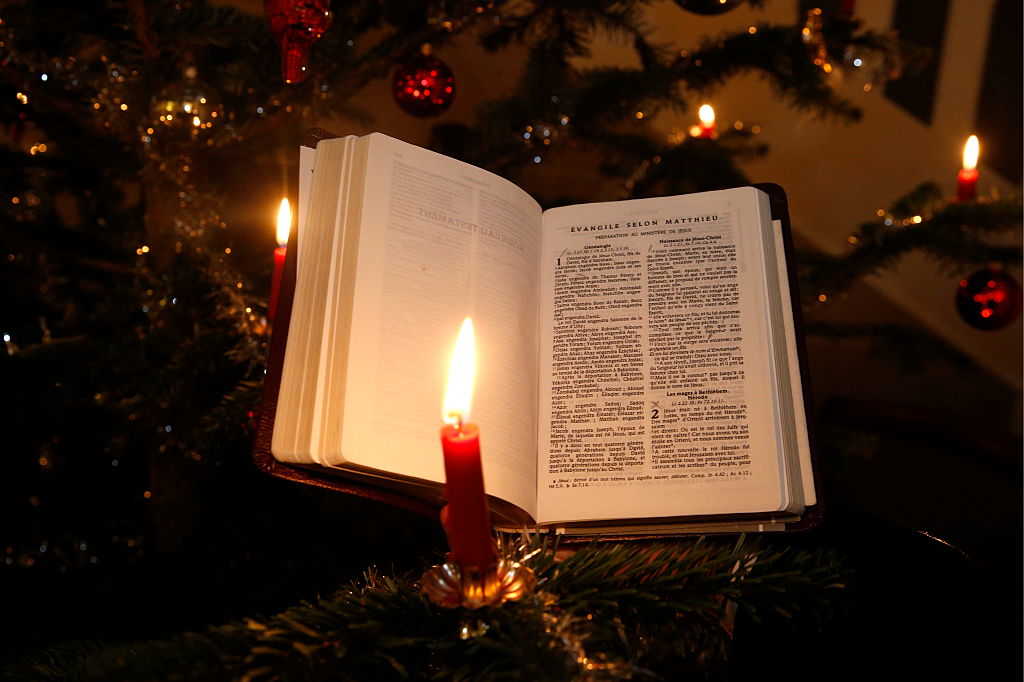A new five-year study of Canadian churches has found a deep tie between theological conservatism and congregational growth — research that is sure to capture quite a bit of attention, considering the ongoing debate over Bible interpretation.
It also found a distinct difference between churches who regularly read and preach from the Bible, and those that don’t.
In the study, titled, “Theology Matters: Comparing the Traits of Growing and Declining Mainline Protestant Church Attendees and Clergy,” researchers explored 22 Protestant churches, including 13 declining churches and nine growing houses of worship. In sum, 29 pastors and 2,255 congregants were included in the study, according to an abstract.
“Several notable differences between the characteristics of growing and declining churches were identified,” the text read. “When other factors were controlled for in multivariate analysis, the theological conservatism of both attendees and clergy emerged as important factors in predicting church growth.”
The study is sure to create intrigue — and ruffle some features — considering ongoing theological debates between conservative and progressive Christian cohorts as well as overarching concern about the decline in church attendance and religious allegiance in the U.S. According to the Guardian, the results of the five-year study seem to contradict previous research in both the U.S. and U.K. that didn’t find theology to be a determining factor in church growth or decline.
Either way, this latest study — which is slated to appear next month in Review of Religious Research — appears to show a deep tie between literal Bible interpretation and the success of a congregation.
“If we are talking solely about what belief system is more likely to lead to numerical growth among Protestant churches, the evidence suggests conservative Protestant theology is the clear winner,” David Haskell, a professor at Canada’s Wilfrid Laurier University and the lead researcher, told the Guardian. “(Growing churches) held more firmly to the traditional beliefs of Christianity and were more diligent in things like prayer and Bible reading.”
It is this latter detail that is sure to capture the most attention, considering the overarching debate about the nature and power of scripture. Consider that just 50 percent of pastors from declining churches said it’s important to encourage non-Christians to become members of the faith; 100 percent of pastors from growing houses of worship agreed.
And it doesn’t end there.
“Ninety-three percent of clergy and 83 percent of worshippers from growing churches agreed with the statement ‘Jesus rose from the dead with a real flesh-and-blood body leaving behind an empty tomb,'” the Guardian reported. “This compared with 67 percent of worshippers and 56 percent of clergy from declining churches.”
Bible reading, too, is a factor, with 71 percent of preachers from growing churches reading daily, compared to just 19 percent from declining churches. Likewise, among congregants at growing churches, 46 percent read the Bible weekly, with just 26 percent of those at declining churches doing the same.
The study comes after the Pew Research Center released data in 2015 showing a stark decrease in the percentage of Americans who consider themselves Christian in America, with that proportion dropping from 78.4 percent in 2007 to 70.6 percent in 2014. But when one dives deeper into that data it becomes clear that the largest decreases have unfolded among mainline denominations, which are known for more liberal or progressive theology.
Consider that the share of the U.S. population subscribing to mainline Christianity dropped from 18.1 percent in 2007 to to 14.7 in 2007, accounting for a 3.4 percent decline during that time period.
Vetting of the data is sure to come and debate on the subject, of course, is nowhere near over.
—
Other Must-Read Stories:
– The ‘Supreme Irony’ Surrounding Donald Trump’s Campaign and Election Win
– Anonymous Nurse Reveals Intense Grief in Open Letter to Miscarried and Aborted Babies



